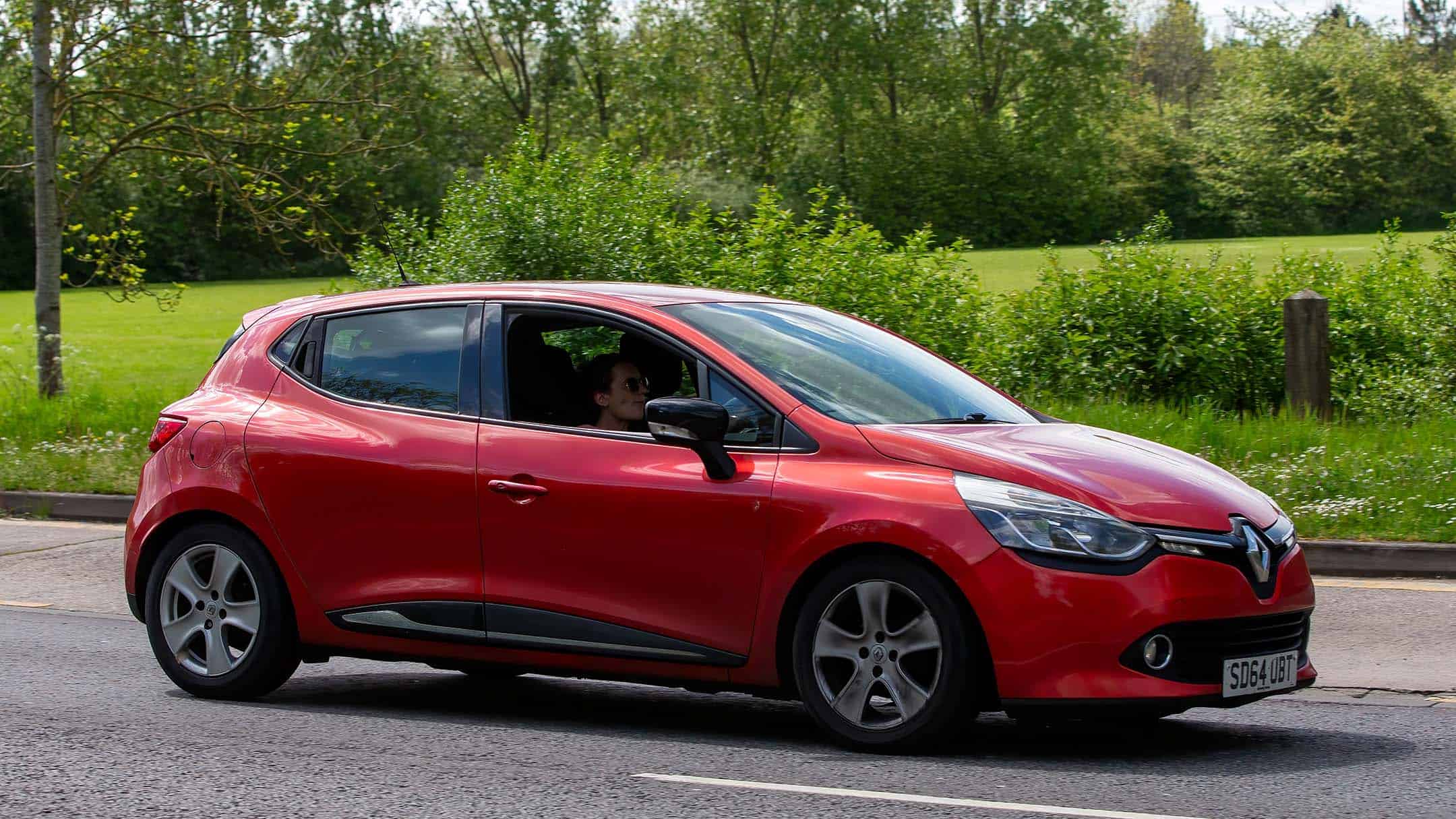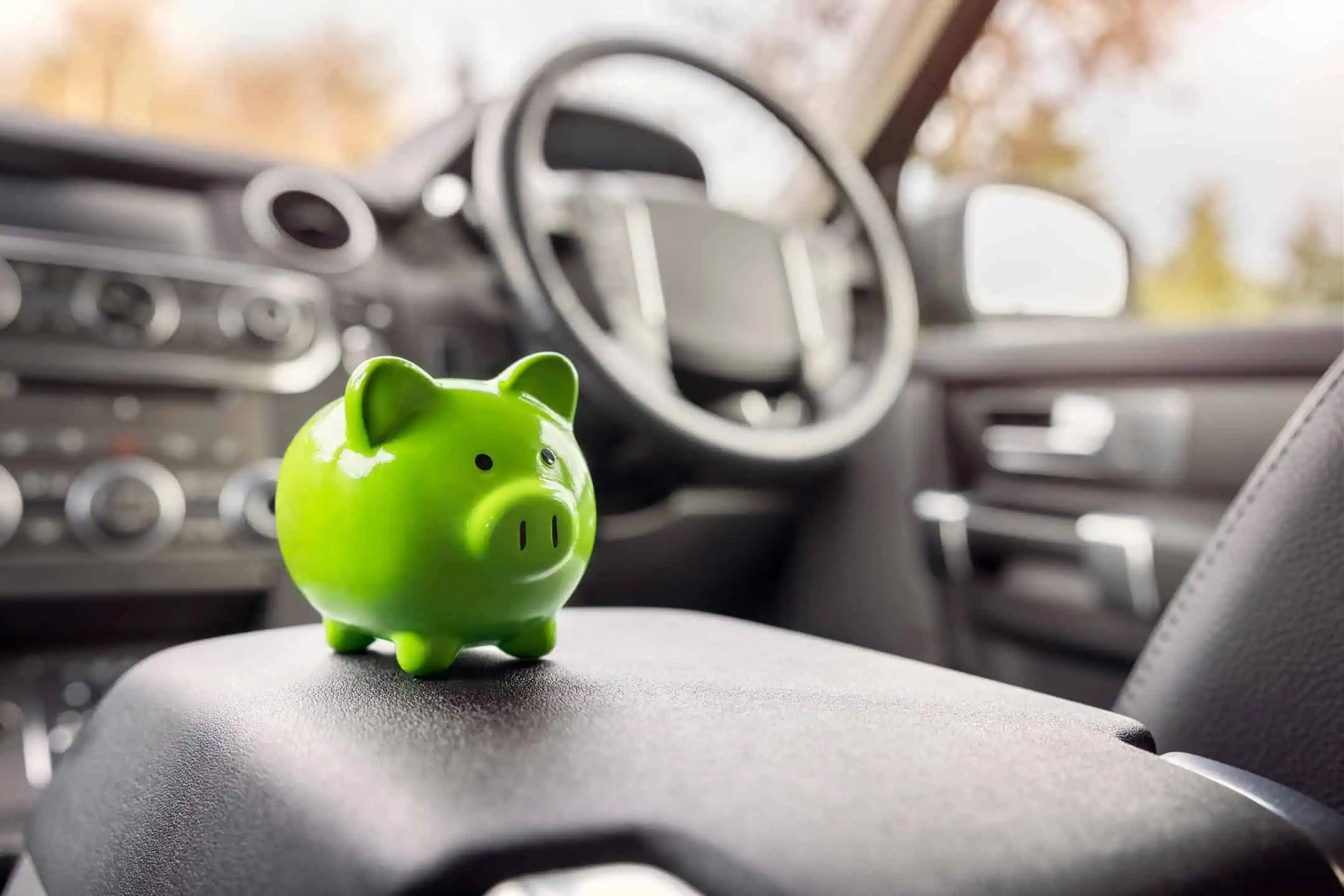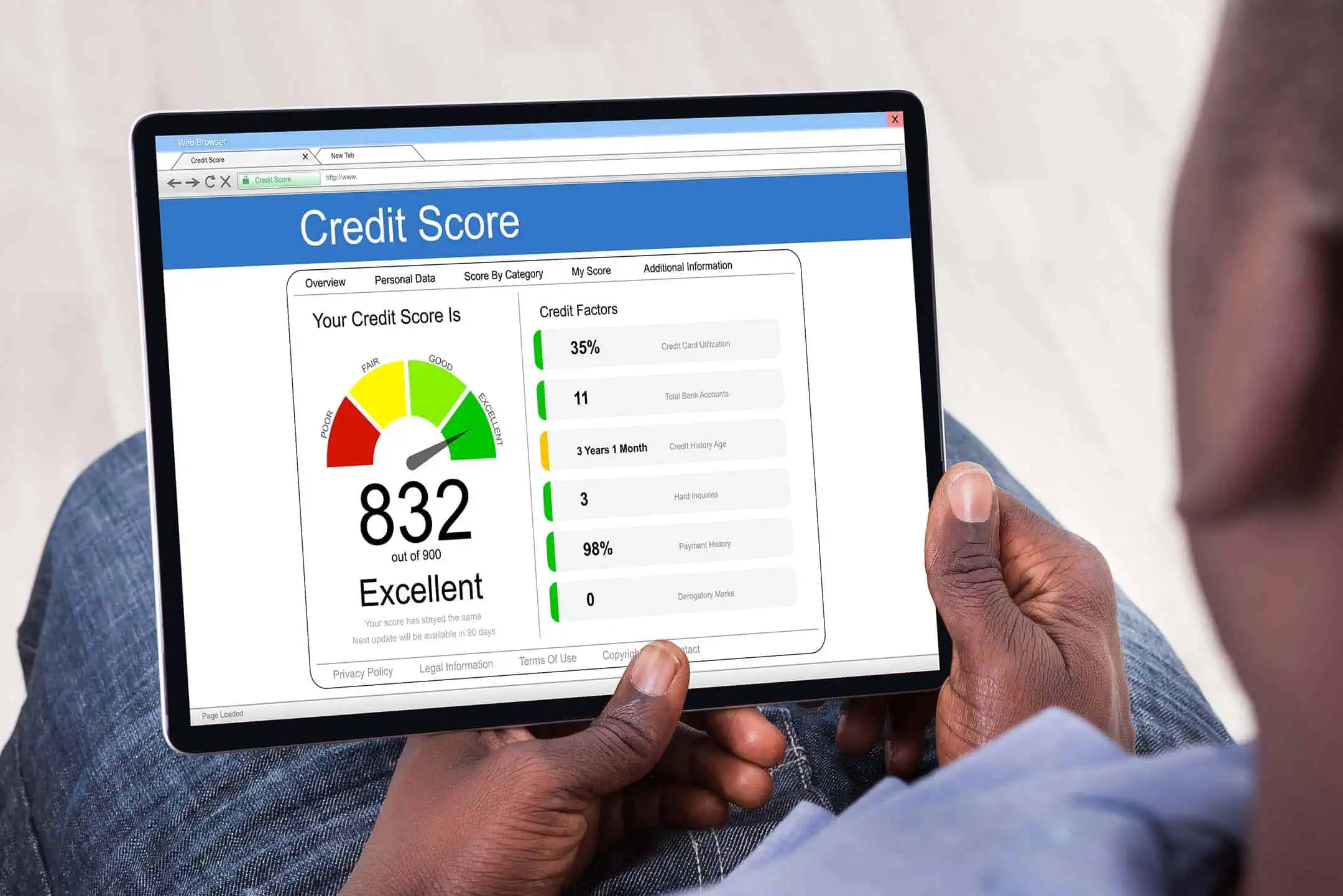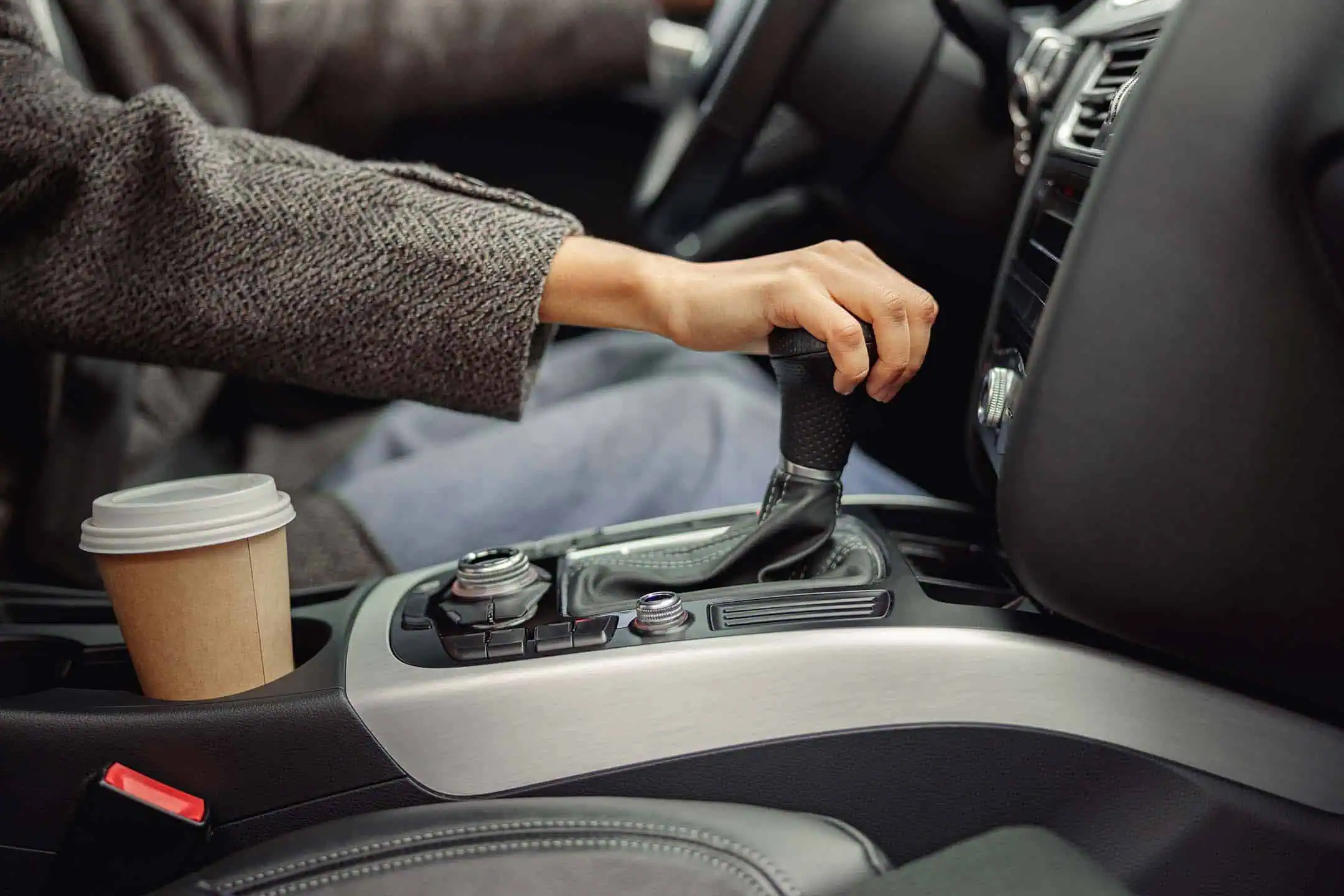Joint Car Loan

Reviewed & fact checked
By: Geoff Tooze - CEO
How joint car finance works

Get a quote
Fill out a quick application to check if you’re eligible, with zero impact on your credit score.

Meet your account manager
A dedicated Account Manager will be in touch to guide you by call, text, or WhatsApp.

Choose a car
Browse 100,000+ used cars or buy from any trusted UK dealer, it’s up to you.

Hit the road!
Tell your Account Manager what you’re after, and if approved, you could be driving in just a few days.
*Rates start from 8.9% APR - Representative example 20.5% APR
Young Car Driver works with CarFinance 247 Limited, a credit broker (not a lender), to help you find the best car finance deal for your circumstances from their panel of trusted lenders. The exact APR you’re offered will depend on your personal situation and is subject to status and affordability checks.
Representative Example:
Borrow £6,500 over 5 years with a £0 deposit.
Representative APR: 20.5% (fixed).
Monthly payment: £167.88.
Option to purchase fee: £10.
Total cost of credit: £3,582.80.
Total amount repayable: £10,082.80.

What is joint car finance?
Joint car finance is a loan agreement to buy a car between a lender and two individuals who are jointly responsible for making repayments.
While not all lenders can offer joint loans, others can approve this type of car finance, subject to the applicants’ eligibility. The lender’s decision will usually be based on several factors, including both applicants’ income and credit history.
Joint loans are usually co-signed by two family members or partners described as co-applicants. A standard car finance application in just one person’s name is known as a sole application.
How does a joint car finance application work?
While different lenders can have different processes, with Autedia, you can make a joint car finance application in one person’s name first. Consider entering the details of the applicant with the stronger credit score first. Your personal account manager will then give you a call and take the relevant details of your co-applicant.
There’s no set rule on who can apply for a joint loan, assuming you’re both over 18. However, as one applicant’s actions during the loan term can affect the other’s financial situation and credit score, co-applicants are usually partners, close friends, or family members.
Some lenders who offer joint car loans will also have additional eligibility criteria for this type of finance, such as requiring co-applicants to live at the same address.

Is joint financing available on all types of car finance?
Yes, depending on the lenders available to you, you might be able to find a joint finance agreement for several different types of car loan, including:
- Hire Purchase (HP)
- Personal Contract Purchase (PCP)
- Personal Loan

Hire Purchase (HP)
A popular loan option that is secured against the car and splits its cost into affordable monthly payments across a loan term of between one and six years.

Personal Contract Purchase (PCP)
A car finance option that is also secured against the car but offers options at the end of the loan term, allowing borrowers to return the car to the lender or buy it outright.

Personal Loan
Unlike HP and PCP, personal loans are usually unsecured, so borrowers own the car as soon as they pay its seller. If they keep up with their repayments, they can sell the car at any time.
Can I get joint car finance for drivers with bad credit?
Yes, there’s no reason why you can’t apply for joint car finance if you have a bad credit score. In fact, if your co-applicant has a good credit history, a joint application could help you secure a loan when you might struggle or be refused on your own. Your credit score may improve if you keep up with your repayments throughout the loan term.
However, as a joint car finance agreement will link you and your co-applicant’s finances, it’s important to note that your poor credit score could affect them too. They might find it more difficult to secure another form of finance during the joint loan term.

Pros and cons of joint car finance
As with all types of car finance, there are several pros and cons of joint car finance to consider before you sign on the dotted line:
- Pros
- Cons

Pros:
- Your loan eligibility might improve, especially if your co-applicant has a higher credit score than you
- You may be able to afford a newer or higher-spec car
- You can split the cost of a car between two

Cons:
- You’re both liable to pay the debt
- If you or your co-applicant miss a payment, both your credit scores could be impacted
- If your personal relationship ends, you’ll still be financially tied together until the agreement ends

What is joint liability?
Joint liability is the term used to describe a financial agreement that’s shared between two people who are both responsible for making repayments.
While you might enter a joint agreement planning to split each payment equally between the two of you, from the lender’s perspective, it doesn’t matter which of you makes the payment. The most important thing for the lender is that they receive the total amount each month.
Unfortunately, if your co-applicant fails to keep up their end of the deal for whatever reason, you’ll still be liable for the full payment amount, not just your 50% share.
That’s why it’s important to take your time when deciding whether a joint car finance agreement is the right option for you. Ideally, your co-applicant should be financially stable and trustworthy so that you can be reasonably assured you’ll both make payments throughout the loan term.
Who owns the car with a joint loan?
With both HP and PCP car finance agreements, the lender will be the car’s owner during the loan term. Both you and your co-applicant will be signatories to the finance agreement. Still, only one of you can be the car’s registered keeper. The person who will use the car most often is usually responsible for keeping up with essential car maintenance and dealing with any offences such as speeding fines or parking tickets. The other applicant can be registered as a secondary user.
Once you reach the end of the loan term in an HP agreement (or once you’ve paid the final balloon payment in a PCP deal), one person will be the registered keeper, but you’ll both co-own the car.


How can joint car finance affect my credit score?
When you make a joint car finance application, lenders will run a soft credit check on your and your co-applicant’s credit report. This initial eligibility check won’t be visible to other lenders or affect your score.
However, a hard credit check will take place if you choose to proceed with a loan option together. This type of credit check will be visible on your credit report for up to 12 months. If you have too many hard credit checks on your report in a short time, this could impact your score.
Once your joint agreement begins, your credit score might dip slightly as a new loan has been added to your account. Don’t worry; your score should recover quickly when you start making repayments. In fact, if you and your co-applicant keep up with your payments throughout the loan term, you could improve your credit score over time.
On the other hand, if your co-applicant fails to pay their share on time and you can’t afford to cover the full payment amount, you could fall behind or even default on the loan. This can negatively impact your credit score, even if you still pay your 50% share.
Is joint car finance right for me?
Joint car finance might be right for you if you would struggle to qualify for a loan on your own or can’t afford to buy the car you need with only your income.
If you have a high income but bad credit score and your partner has a strong credit history but a low income, for example, you could both find it easier to qualify for a joint loan than separate agreements.
However, it’s not the best option for everyone. If you’re concerned that your co-applicant might be at risk of redundancy, have acted irresponsibly with finances in the past, or think that money might affect your relationship, a joint agreement might not be a good idea. Remember that you’ll be responsible for making the full monthly repayment throughout the loan term if your co-applicant fails to pay their share.


